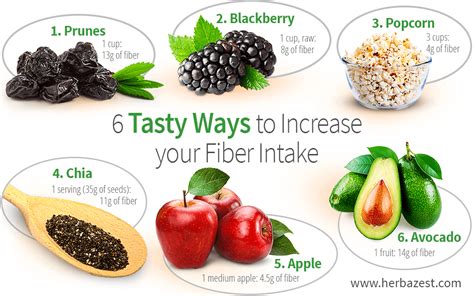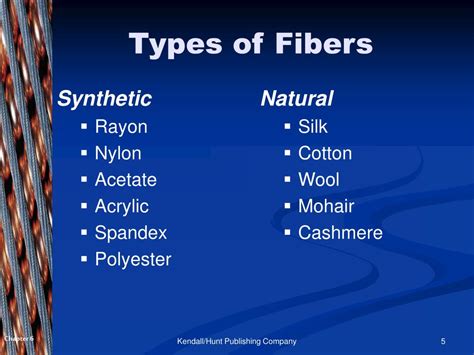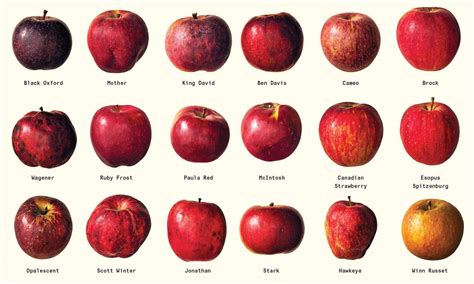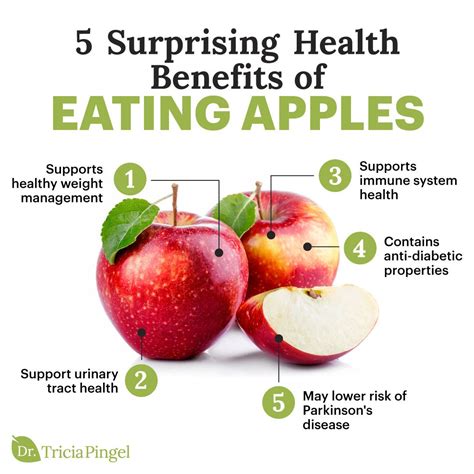Intro
Discover the fiber-rich benefits of apples, packed with dietary fiber, antioxidants, and nutrients, supporting healthy digestion, satiety, and weight management.
The importance of a healthy diet cannot be overstated, and one of the key components of a balanced diet is fiber. Fiber is a type of carbohydrate that is found in plant-based foods and is essential for maintaining good digestive health. One of the richest sources of fiber is apples, which are not only delicious but also packed with nutrients. Apples are a great snack for people of all ages, and they can be enjoyed in a variety of ways, from fresh and raw to cooked and baked. With their high fiber content, apples are an excellent addition to a healthy diet, and they offer numerous health benefits that can improve overall well-being.
Apples are one of the most widely consumed fruits in the world, and for good reason. They are crunchy, juicy, and sweet, making them a perfect snack for anyone looking for a healthy and satisfying treat. But beyond their taste and texture, apples are also incredibly nutritious. They are high in antioxidants, vitamins, and minerals, and they contain a type of fiber called pectin, which is particularly beneficial for digestive health. Pectin is a soluble fiber that can help to lower cholesterol levels, regulate blood sugar levels, and promote the growth of beneficial gut bacteria. With so many health benefits, it's no wonder that apples are often referred to as a "superfood."
The high fiber content of apples makes them an excellent choice for people looking to improve their digestive health. A single medium-sized apple contains around 4 grams of fiber, which is approximately 15% of the recommended daily intake. Eating an apple a day can help to promote regular bowel movements, prevent constipation, and support the growth of beneficial gut bacteria. Additionally, the fiber in apples can help to slow down the digestion of sugar and prevent blood sugar spikes, making them a great snack for people with diabetes or those who are trying to manage their blood sugar levels.
Benefits of High Fiber Intake

A high fiber intake has numerous health benefits, from promoting digestive health to reducing the risk of chronic diseases. Some of the key benefits of a high fiber diet include:
- Promoting regular bowel movements and preventing constipation
- Lowering cholesterol levels and reducing the risk of heart disease
- Regulating blood sugar levels and preventing blood sugar spikes
- Supporting the growth of beneficial gut bacteria
- Aiding in weight loss and weight management
- Reducing the risk of certain cancers, such as colon cancer
How Fiber Works
Fiber works by passing through the digestive system undigested, where it can help to promote the growth of beneficial gut bacteria and support the health of the gut lining. Soluble fiber, like pectin, can help to slow down the digestion of sugar and prevent blood sugar spikes, while insoluble fiber can help to promote regular bowel movements and prevent constipation. A high fiber diet can also help to reduce inflammation in the body, which can reduce the risk of chronic diseases such as heart disease and cancer.
Types of Fiber

There are two main types of fiber: soluble and insoluble. Soluble fiber, like pectin, can help to slow down the digestion of sugar and prevent blood sugar spikes, while insoluble fiber can help to promote regular bowel movements and prevent constipation. Some of the best sources of soluble fiber include:
- Fruits, such as apples and berries
- Legumes, such as beans and lentils
- Oats and barley
- Nuts and seeds, such as almonds and chia seeds
Insoluble fiber, on the other hand, can be found in:
- Whole grains, such as brown rice and quinoa
- Vegetables, such as broccoli and carrots
- Wheat bran and other whole grain cereals
Increasing Fiber Intake
Increasing fiber intake can be easy and delicious, with a few simple changes to the diet. Some tips for increasing fiber intake include:
- Eating more fruits and vegetables, such as apples and berries
- Incorporating more whole grains, such as brown rice and quinoa, into meals
- Adding legumes, such as beans and lentils, to soups and stews
- Snacking on nuts and seeds, such as almonds and chia seeds
- Drinking more water to help fiber move through the digestive system
Apple Varieties and Fiber Content

There are many different varieties of apples, each with its own unique flavor and texture. Some of the most popular varieties include:
- Granny Smith: known for their tart flavor and high fiber content
- Gala: sweet and crunchy, with a medium fiber content
- Fuji: sweet and juicy, with a medium fiber content
- Honeycrisp: known for their crunchy texture and high fiber content
The fiber content of apples can vary depending on the variety, but most apples contain around 4-5 grams of fiber per medium-sized fruit.
Preparing Apples for Maximum Fiber Benefit
To get the most fiber benefit from apples, it's best to eat them raw and unpeeled. The skin of the apple contains a significant amount of fiber, as well as antioxidants and other nutrients. Cooking apples can also help to break down some of the fiber, making it easier to digest. Some delicious ways to prepare apples include:
- Slicing them up and adding them to oatmeal or yogurt
- Baking them in the oven with cinnamon and sugar
- Making a delicious apple crisp with oats and nuts
- Adding them to soups and stews for a burst of flavor and fiber
Health Benefits of Apples

Apples are not only high in fiber, but they also contain a range of other nutrients and antioxidants that can help to promote overall health and well-being. Some of the key health benefits of apples include:
- Reducing the risk of heart disease and stroke
- Regulating blood sugar levels and preventing diabetes
- Supporting the growth of beneficial gut bacteria
- Aiding in weight loss and weight management
- Reducing the risk of certain cancers, such as colon cancer
Apples and Gut Health
Apples contain a type of fiber called pectin, which can help to promote the growth of beneficial gut bacteria. This can have a range of benefits for overall health, including:
- Improving digestion and reducing symptoms of IBS
- Boosting the immune system and reducing inflammation
- Supporting the health of the gut lining and preventing leaky gut syndrome
- Aiding in the production of certain vitamins and hormones
Conclusion and Next Steps

In conclusion, apples are a delicious and nutritious fruit that are high in fiber and packed with nutrients. With their numerous health benefits and versatility in cooking and preparation, apples are an excellent addition to a healthy diet. Whether you're looking to improve your digestive health, regulate your blood sugar levels, or simply enjoy a crunchy and satisfying snack, apples are a great choice.
We invite you to share your thoughts and experiences with apples and high fiber diets in the comments below. Have you noticed any benefits from increasing your fiber intake? Do you have a favorite way to prepare apples? Let us know and join the conversation!
What is the recommended daily intake of fiber?
+The recommended daily intake of fiber is around 25-30 grams per day, although this can vary depending on age, sex, and other factors.
Can I get too much fiber in my diet?
+Yes, it is possible to get too much fiber in your diet, which can cause symptoms such as bloating, gas, and stomach cramps. It's best to increase fiber intake gradually to allow the gut to adjust.
Are all types of fiber created equal?
+No, not all types of fiber are created equal. Soluble fiber, such as pectin, can help to slow down the digestion of sugar and prevent blood sugar spikes, while insoluble fiber can help to promote regular bowel movements and prevent constipation.
